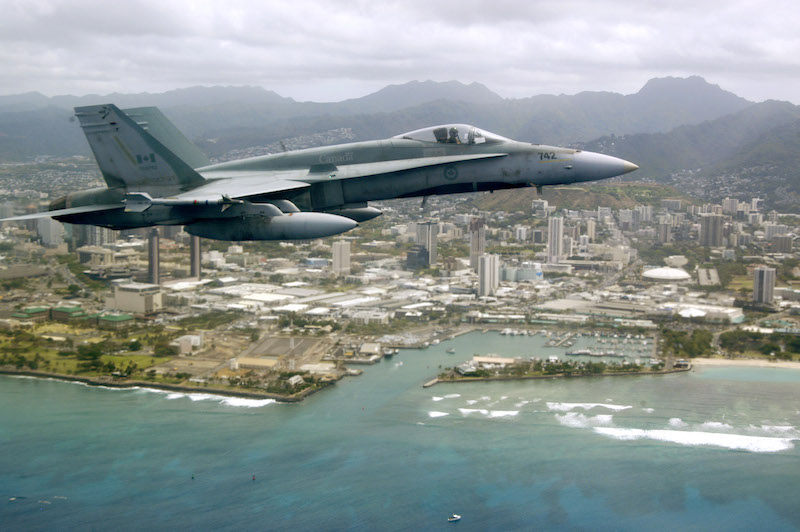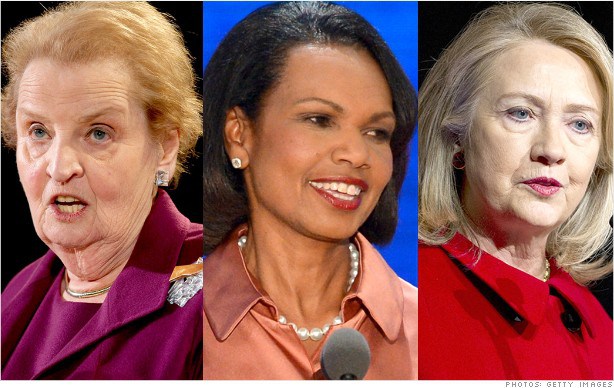November 24, 2015 is marked as one of the most serious publicly admitted clashes between any NATO member state and Russia. Turkey shot down a Russian fighter jet at its border with Syria, claiming that it had violated its airspace for 17 seconds despite issuance of multiple warnings. Russia denies this; it claims that the plane was several kilometers south of the Turkish border and was never warned.
War of Words
Russian President Vladmir Putin termed the incident “a stab in the back” while the Russian Prime Minister Dmitry Medvedev described it as an “act of aggression against [their] country.” The Russian Foreign Minister Sergey Lavrov says the downing of their jet seems to be “a planned provocation” and an “ambush” after releasing an online statement containing data from radar stations. Medvedev has also directed his government officials to respond to Turkey with economic sanctions.
On the Turkish side President Recep Tayyip Erdogan has called Russia’s economic retaliation plans “emotional” and “unfitting” and warned President Putin to not “play with fire.” He has also requested to meet President Putin at the climate change conference in Paris this week. While the Russian government’s spokesperson has said that President Putin demands an apology from Turkey prior to meeting the Turkish President. President Erdogan has asserted in an interview with CNN that Turkey will not apologize for downing the Russian plane.
Russia Retaliates Economically
In response to the downing of their fighter jet, Russia has decided to cut economic ties with Turkey, which can include scrapping joint projects that could cause a loss of Russian market share for Turkish companies and trade restrictions on food products. It has also suspended visa-free travel agreement with Turkey from January 1, 2016 and onward.
At stake are the billions of dollars of trade, which were predicted to grow to US $100 billion by 2023 by President Erdogan and President Putin in a meeting that took place in September. Russia and Turkey have been engaged in agreements in the tourism, trade, and energy sectors.
On top of the announcement of the suspension of the visa-free travel agreement with Turkey, Russia’s state tourism agency Rostourism has recommended suspending sales of tour packages to Turkey. The Ministry of the Economy in Russia said that it could restrict air travel to Turkey. Furthermore, Lavrov has recommended Russians not to visit Turkey because of the serious terrorism threats that exist in Egypt, where a bomb attack caused a Russian passenger plane to crash last month, killing all 224 people on board. Any such retaliation by Russia could hurt Turkey because Russians, after Germans, are the second largest source of tourists for Turkey. In the first nine months of 2013 alone, 3.6 million Russians visited Turkey. The tourism industry accounts for a significant part of Turkey’s Gross Domestic Product (GDP): US $96 billion in 2014 and generates 2.1 million jobs.
Both countries have been engaged in a number of trade deals and infrastructure projects in the energy sector. Turkey imports 55%of its natural gas and 30% of its oil from Russia. This makes Turkey the second largest buyer of Russian natural gas. Last year, Russia signed a deal with Turkey to construct the TurkStream gas pipeline project as an alternative to the dropped South Stream pipeline plan to transport its gas to Europe without crossing Ukraine. Following last week’s incident, the Russian Ministry of the Economy has said that it may restrict the TurkStream gas pipeline and terminate programs to establish a free-trade zone with Turkey. Moreover, one of Russia’s state-owned companies has been commissioned, in a US $20 billion project by Turkey, to build four nuclear reactors. Any move from the Russians will directly jeopardize these projects and deals might compel Turkey to economically retaliate, resulting in financial losses on both sides.
In terms of commodity trade, Russia, one of the world’s largest wheat producers, makes most of its sales from Turkey. Additionally, 4 percent of Turkey’s exports (including textiles and food products) go to Russia. In the wake of the incident, the Russian Agriculture Minister Alexander Tkachev has assigned the country’s food agency to “reinforcing control over supplies of agricultural produce and food from Turkey” because they have come across instances where Turkish food imports have been below acceptable standards. He also said that Russia could find new markets to replace its wheat exports.
The Odds of Disruptions in Economic Ties?
Russia’s economy itself is disintegrating under trade sanctions from the European Union (EU) and Western Countries over its role in Ukraine. In the second quarter, it went through its worst contraction in six years. Its exports are also suffering contractions. High inflation coupled with low wages is shrinking the purchasing power of the consumers. The economy is forecast to shrink by 3.8 percent this year and analysts expect to see another recession in 2016. Given Russia’s economic outlook and the trade sanctions that it currently faces, there are few alternative options left for them.
Tina Fordham, chief political analyst at Citi comments that she does not expect relations to worsen any further. While she does not rule out the possibility of trade sanctions, she does not expect energy projects to be jeopardized at this point in time. John Bates, Portfolio Manager at Pinebridge agrees that, “key economic drivers shouldn’t change too much provided the diplomatic and political forces don’t do anything silly.”



